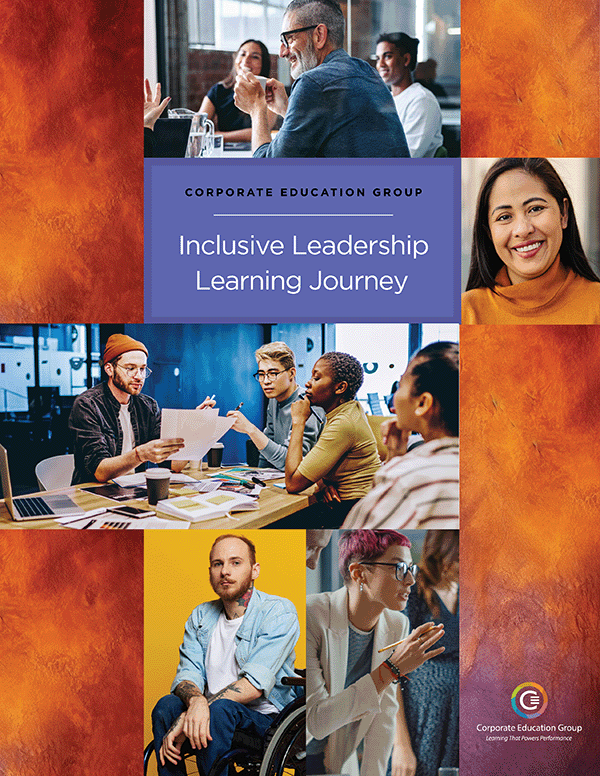Solving Problems Using Critical Thinking and Creativity
- Traditional Classroom: 1-day
- Virtual Instructor-led: Two 3-3.5 hour sessions; Three 2-hour sessions
The ability to think both creatively and critically is an invaluable skill set at the heart of effective problem solving. While at first glance creating and critiquing may seem like opposites, they are in fact deeply connected... and part of an ongoing generative cycle. To solve challenging problems, we need to explore them holistically — to unleash our imaginations while also applying structure and discipline to our thought processes.
In this highly interactive course, participants will examine the dynamic interplay between critical and creative thinking. They will actively experiment with various problem-solving approaches and techniques for generating alternative solutions. In pairs and small groups, they will investigate their own mental models and biases, testing ideas against a selection of critical thinking standards. At the end of the workshop, they will synthesize what they have learned and create their personal action plan.
Target Audience
This course is designed for:
- Anyone who wants to refine their critical thinking and creative problem-solving skills and abilities
- Anyone who wishes to grow their ability to innovate, solve problems based on critical thinking, and generate creative solutions and new ideas
Learning Objectives
- Articulate the intimate connection between critical thinking and creative thinking.
- Identify cognitive biases that impede both critical and creative thinking.
- Recognize the importance of defining the right problem.
- Apply various problem-solving approaches to real-life challenges.
- Leverage different tools and techniques to generate divergent and convergent thinking.
- Employ selected techniques and models to enhance the quality and robustness of your decisions.
- Integrate creative and critical thinking to engage in problem solving challenges.
Course Outline
Opening Activities
Foundation Concepts
- Definition of Critical Thinking
- Hierarchy of Thinking
- Definition of Creativity
- Introduction to he Basic Framework of Problem Solving
What Gets in the Way of Us Thinking Critically?
- Cognitive Overload/Lack of Focus
- Overconfidence in Our Own Knowledge/Perspective
- Switch-Tasking/Distractions
- Cognitive Bias
- Tips for Countering Internal Obstacles
Defining the Problem
- Defining the Right Problem
- Root Cause Analysis
- The 5 Whys Technique
- Ishikawa (Fishbone) Diagram
Generating Alternative Solutions
- Obstacles to Problem Solving
- Divergent and Convergent Thinking
- Brainstorming
- The “Brainswarming” Technique
- Asking a Better Question
Evaluating Alternatives
- Exploring de Bono’s Six Thinking Hats®
- Pairwise Comparison Technique
- Kepner-Tregoe Method (KT Decision Model)
- Application Exercise: Synthesizing What You’ve Learned
Types of Problems We Encounter
- How to Recognize the Type of Problem and What Kind of Thinking You Should Use to Solve It
- Workplace Application
Summary and Next Steps
- Creating Your Action Plan
Post-Course Work
- Watch: Watch TED Talk “Got a Wicked Problem? First Tell Me How You Make Toast” (Tom Wujec)
MDV1477 Course Code
For more information on this topic, as well as how Corporate Education Group can help power your organization’s performance, contact us via email or call 1.800.288.7246 (US only) or +1.978.649.8200. You can also use our Information Request Form!





